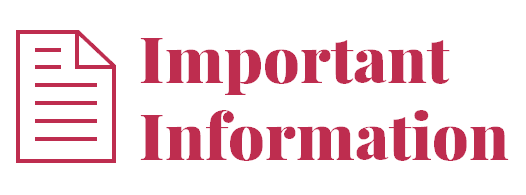
Follow the links on this page and the tabs above to find information to help you with your assignments in History, and in Religion and Philosophy.

Here are some of the books in the Library collection on Augustus. Find more by searching the Oliver Catalogue.
 Augustus and Imperial Rome by
Augustus and Imperial Rome by  The Augustan Age 44BC-AD14 by
The Augustan Age 44BC-AD14 by Here are some of the books and ebooks in the Library collection on Ancient Rome topics. Find more by searching the Oliver Catalogue.
 The histories by
The histories by We subscribe to the hard copy of this wonderful journal. Check the Oliver catalogue to find the issue you want.
Search History Today's own website for references to articles. When you log into History Today using the login details on our Canvas page you can access the full article straight away.
Tips for finding information
Note: These steps will not take you very long to do, they are here to help you to save time by preventing you from carefully reading and writing notes from information that is not relevant to your topic.
Database search result lists
Consider looking at the websites of museums that house ancient artifacts.
These links take you to databases we subscribe to. Some may need a login and password. These can be found on our Canvas page.







See below for useful links. Remember that you can also search ClickView Online using your own keywords.
From 121 BCE onwards, the political fortunes of Rome were dominated by powerful leaders. Marius the military reformer, Sulla the dictator, Cicero the lawyer, orator, and consul, and Julius Caesar who appointed himself dictator in 45 BCE.
More History videos